The 6 Must Know Arabic Phrases for Dining Posted by jesa on Jun 13, 2015 in Arabic Language, Culture, Vocabulary
Marhaba! As you can see from my earlier post on the 6 essential phrases for traveling once you land in an Arab world, I am hoping to provide you all with a useful and basic guide that will allow you to chat with locals in any Arab country that you plan to visit. Today I want to provide you with what I think are the 6 essential Arabic phrases for dining at a restaurant during your stay in a beautiful city somewhere in the Arab world. Let’s begin with the basics. I have also translated the phrases to Arabic and I have transliterated the phrases so that you are able to pronounce them. I have added them in form of dialogue to give you a sense of how the conversation might take place. Please note that there are many dialects in different Arab countries. Nonetheless, these basic phrases will be understood by almost anyone in the Arab world.
Amin and Raghida finished their day of sightseeing and are now ready to dine in one of the beautiful restaurants that were recommended by the hotel staff.
Restaurant Staff: Welcome to our restaurant.
موظف المطعم: أهلاً وسهلاً في مطعمنا
Muwathaf al-mat’am: Ahlan wa sahlan fi mat’amina.
1) Amin: Greetings, my wife and I would like a nice table by the window please.
أمين: مرحبا, زوجتي وأنا نريد طاولة جميلة بالقرب من النافظة
Amin: Marhaba, zawjati wa ana nureed tawila jamila bil-qurb min al-nafitha.
Restaurant Staff: Of course, please follow me.
موظف المطعم: طبعاً, اتبعني من فضلك
Muwathaf al-mat’am: Tab’an, itba’ni min fadlak.
Restaurant Staff: Would you like me to bring you water or another beverage?
موظف المطعم: ممكن أن أقدم لكم ماء أو أي مشروب آخر؟
Muwathaf al-mat’am: Mumkin an uqaddim lakum maa aw ay mashrub aakhar?
2) Amin: I will have water please. Thank you.
أمين: ماء من فضلك. شكراً
Amin: Maa min fadlak, shukran.
Raghida: I will have jallab please. Thank you.
راغدة: وأنا أريد جلاب من فضلك
Raghida: Wa-ana ureed jallab min fadlak.
Restaurant Staff: My pleasure.
موظف المطعم: بكل سرور
Muwathaf al-mat’am: Bikul surur.
In most touristy restaurants around the Arab world, food items are in Arabic and English or French.
Restaurant Staff: I will give you both some time to read through our menu. Please let me know when you are ready to order.
موظف المطعم: سأعطيكم بعض الوقت لتقرؤوا قائمة الطعام. الرجاء اعلامي عندما تصبحون جاهزين للطلب
Muwathaf al-mat’am: Sa-u’tikum ba’d al-waqt li-taqra’u qa’imat al-ta’am. Al-raja’ i’lami ‘indama tusbihun jahizin lil-talab.
3) Amin: We are ready to order. I will have the chicken shawarma platter with French fries and garlic paste. Thank you.
أمين: نحن جاهزون. أريد من فضلك طبق شاورما الدجاج مع البطاطا المقلية والثوم. شكراً
Amin: Ureed min fadlak tabaq shawarma al-dajaj ma al-batata al-maqliya wa al-thum. Shukran.
Raghida: I will have the meat kibbe and yogurt. Thank you.
راغدة: من فضلك, الكبة باللحمة واللبن (أو زبادة). شكراً
Raghida: Min fadlak, al-kibbe bil-lahme wa al-laban.
Restaurant Staff: Excellent choices!
موظف المطعم: خيارات ممتازة
Muwathaf al-mat’am: Khiyarat mumtaza!
4) Amin: Could you I please have two baklava pieces?
أمين: من فضلك, ممكن قطعتين من البقلاوى
Amin: Min fadlak, mumkin qit’atayn min al-baklawa.
Raghida: I also want some Arabic coffee, please.
راغدة: من فضلك, أريد قهوة عربية
Raghida: Min fadlak, ureed qahwa arabiya.
After you are done with your meal and you are ready to go, call on the restaurant staff to provide you with the bill.
5) Amin: Could we please have the bill?
أمين: من فضلك الحساب
Amin: Min fadlak al-hisab.
After you pay the bill and leave a tip you are ready to go.
6) Amin and Raghida: Thanks for the excellent food and service.
أمين وراغدة: شكراً على الطعام والخدمة الممتازة
Amin wa Raghida: Shukran ala al-ta’am wa al-khidma al-mumtaza.
For now take care and stay tuned for upcoming posts!
Happy Learning!
Have a nice day!!
نهاركم سعيد

Build vocabulary, practice pronunciation, and more with Transparent Language Online. Available anytime, anywhere, on any device.
About the Author: jesa
Salam everyone! Born as an American to two originally Arab parents, I have been raised and have spent most of my life in Beirut, Lebanon. I have lived my good times and my bad times in Beirut. I was but a young child when I had to learn to share my toys and food with others as we hid from bombs and fighting during the Lebanese Civil War. I feel my connection to Arabic as both a language and culture is severing and so it is with you, my readers and fellow Arabic lovers, and through you that I wish to reestablish this connection by creating one for you.



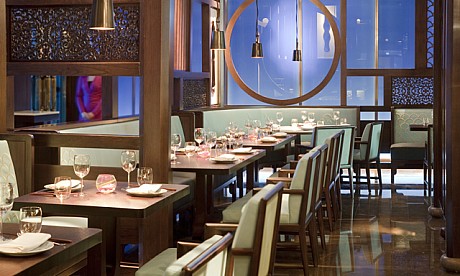
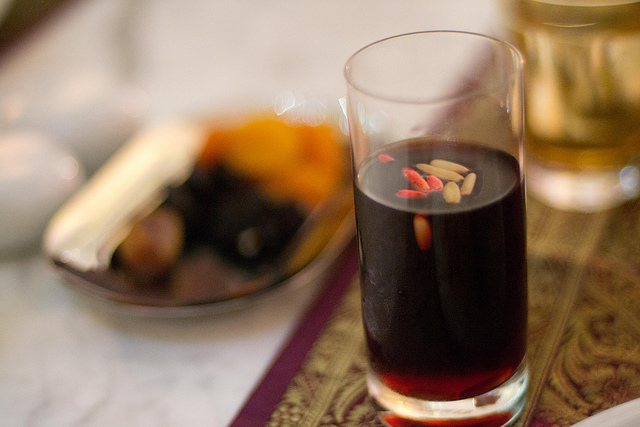
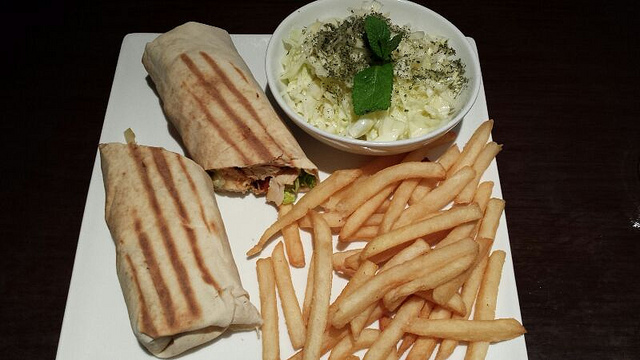
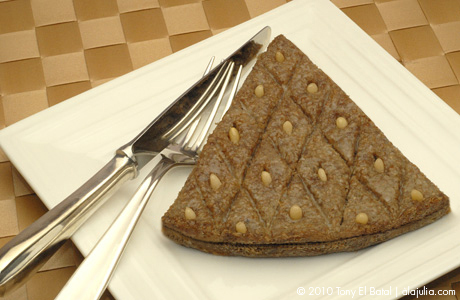
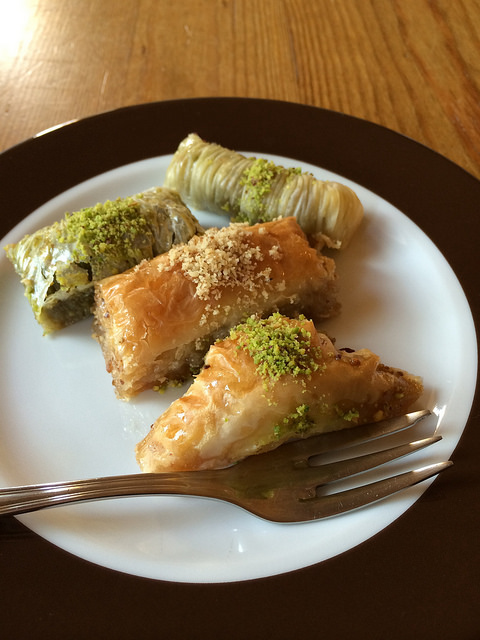
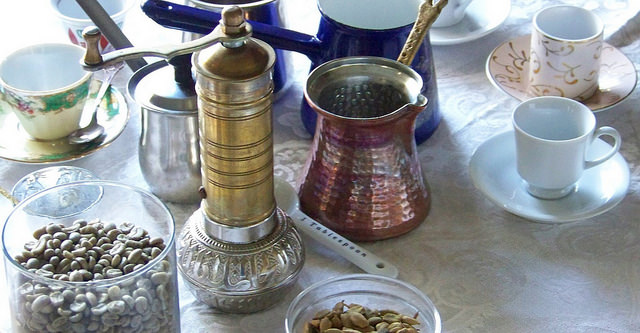

Comments:
Gikonyo:
The lesson was very good.
I would like to have a good offline Arabic English audio dictionary.
Kind regards,
Gikonyo.